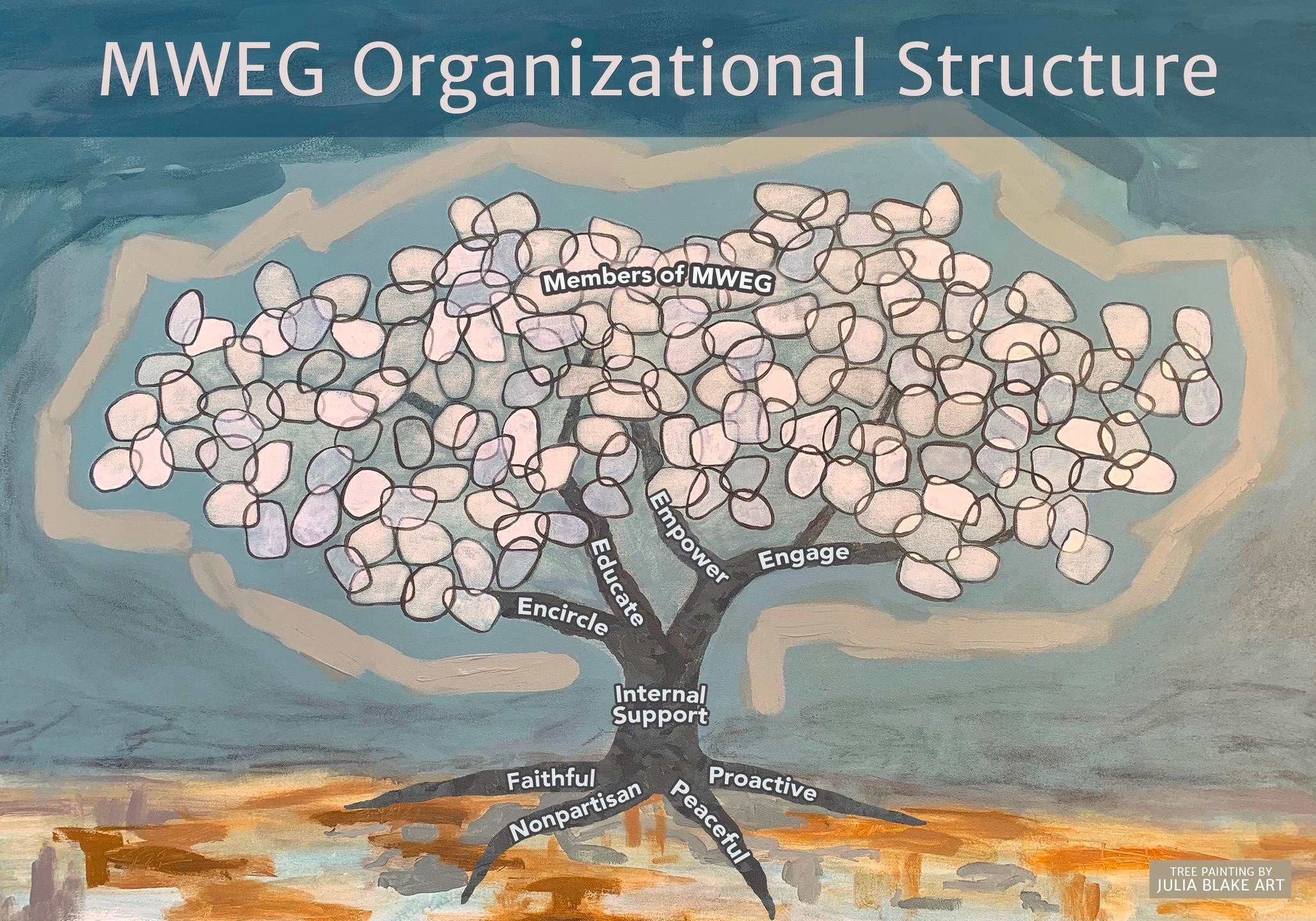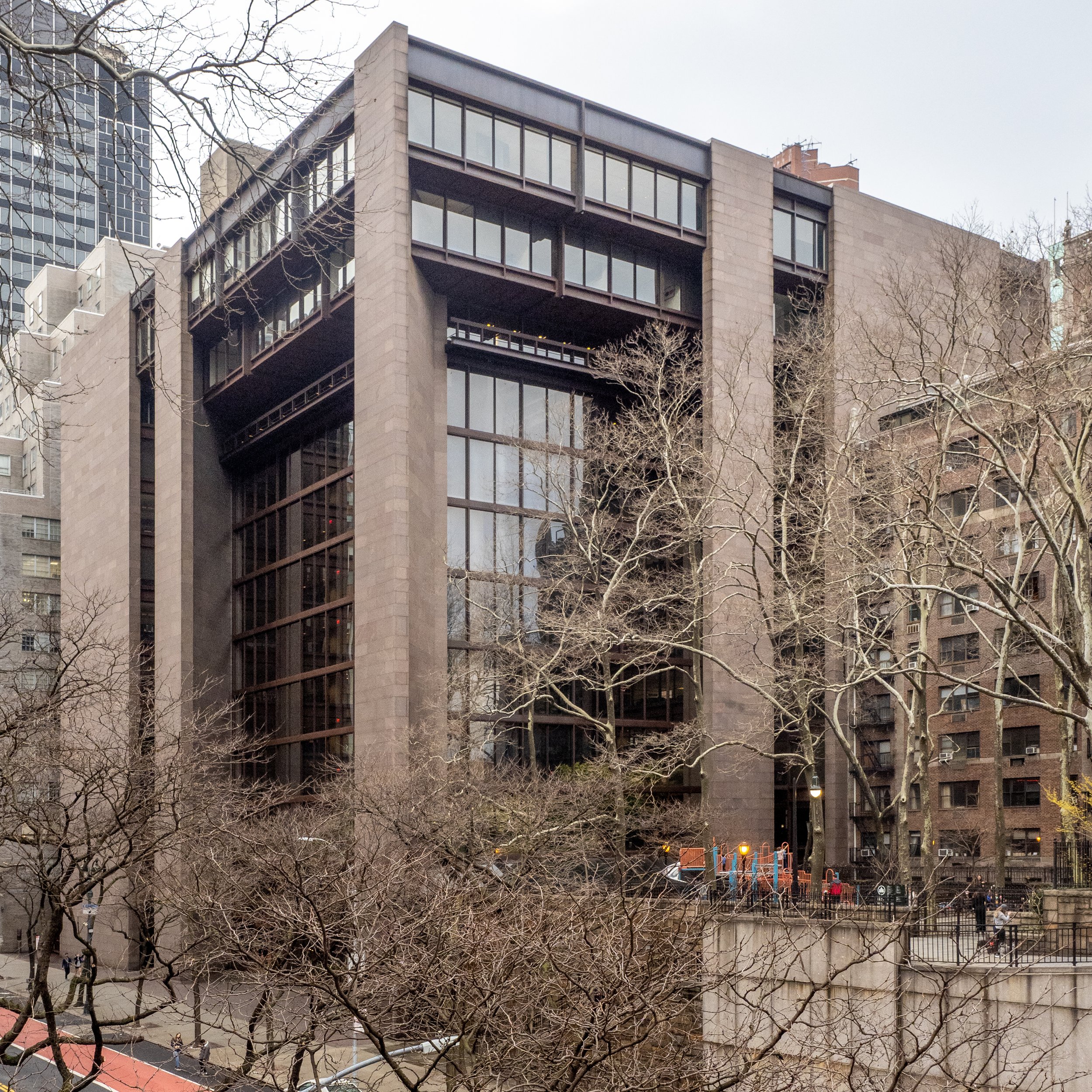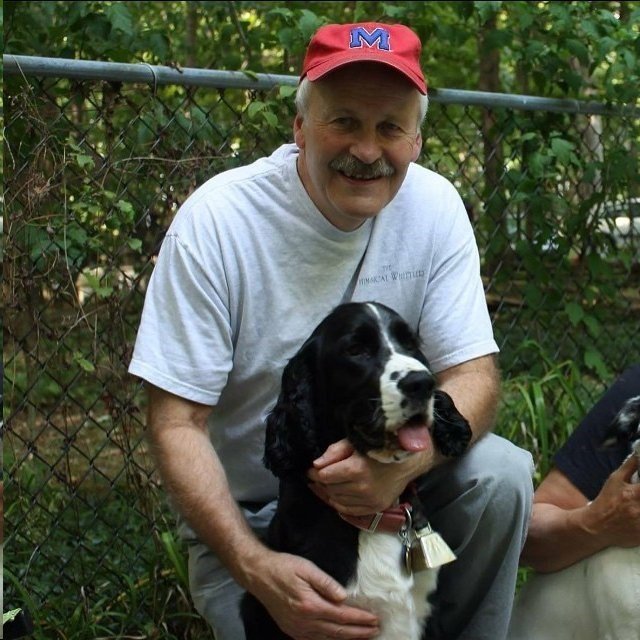
The Meaning of Democracy in Nine Words
With everything that appears to be at stake in the 2024 presidential election, it sounds off-key to refer to it as a coin-flip. But given the odds of either candidate and party prevailing over their opponents, that is what it is. The situation has prompted me to return to a pithy definition of democracy from the political scientist Adam Przeworski: “Democracy is a system in which parties lose elections.”

Five FAQs About “Taking Democracy for Granted”
My recent SNF Agora Institute report, “Taking Democracy for Granted: Philanthropy, Polarization, and the Need for Responsible Pluralism,” is prompting spirited exchanges. Multiple people have asked me some variant of the following five questions:
Isn’t the big problem here left-of-center philanthropists and the groups they support?
What if funders want to back power-building to end structural racism instead of bridge-building to support pluralism?
Are you saying advocates and activists have to engage with their ideological opponents?
What if the Cassandras are right and democracy is on the verge of dying?
If philanthropy is once again going to be key to defeating Donald Trump, doesn’t that end justify the means?
These are good questions! To broaden the conversation, I wanted to share the answers I have been giving.

A Framework for Democracy Philanthropy
I have been workshopping a framework to help potential philanthropic funders — both foundation and individual donors — explore and make sense of the democracy field. It is proving to be especially helpful for philanthropists who are in the process of deciding whether and how they might start making grants in the field, rife as it is with complexities and disruptions.

Online Community Organizing Is Not an Oxymoron
Deepti Doshi, Co-Director of New_ Public, is a great guide to help us to look for, understand, and spread the silver linings that accompany the accelerating migration of our civic life into online spaces.

A Big Question I Have Is…
To revitalize democracy in American, we need hopeful outlooks, playful creativity, and a place-based sense of agency.

Solving for Pattern in Democracy and Civic Life–In Kentucky and Elsewhere
Wendell Berry’s essay “Solving for Pattern” focuses on problems of modern agriculture. But his principles travel well into and illuminate other domains, not least democracy and civic life.

From Local Journalism to Civic Media: A Conversation with Darryl Holliday
Darryl Holliday is a journalist and social entrepreneur who has innovated in the realms of local journalism and civic media throughout his professional life. I recently caught up with Darryl to learn more about his work and the opportunities that he and his colleagues have been working to illuminate and realize.

Politics on the Road to Zion: A Conversation with the Co-Leaders of Mormon Women for Ethical Government
Most Americans presume that when you combine religion and politics, you end up corrupting one or the other, or both. Mormon Women for Ethical Government, a grassroots network with 7,000+ members across 49 states, thinks the opposite: faith can help redeem politics, and vice versa.

Rules for Radicals Remixed: An Interview with Mike Gecan and Amy Totsch of the IAF
What is community organizing? What are the ways in which it can help strengthen democracy in America from the bottom up? I recently caught up with Mike Gecan and Amy Totsch of the Industrial Areas Foundation to talk through these questions.

Philanthropic Pluralism and Its Enemies
A recent statement by the leaders of six ideologically diverse institutions outlining and defending philanthropic pluralism underscores the power of this idea. It has also drawn intense criticism from those opposed to pluralism on the left and right alike.

Philanthropy and the Testing of Democracy in America
Society accrues an opportunity cost when philanthropy focuses primarily on influencing politics and policy-making. It beggars investment in the ideas, leaders, organizations, and civic infrastructure that only pay off over the longer term, and that we need to sustain a pluralistic democracy over time.

What We Owe The Other Side—And Our Own—in Civil Society
Philosopher Robert Talisse contends that the best way to advance our political views is by remaining much more open than we are naturally inclined to be to reasonable criticism from those who disagree with us. This counterintuitive advice can help all of us holding down the office of citizen as we head into another election season. It is also timely and relevant for nonprofits seeking to make the world a better place.

Eboo Patel Reflects on Twenty Years at Interfaith America
Eboo Patel, Founder and President of Interfaith America, is a keen observer of the connection between the health of civil society and democracy in America—and the role that faith-based organizations play in sustaining both. I recently caught up with Eboo to learn more about his organization’s work and how he has sought to lead and learn from it over the last two decades.

A Personal Note: Introducing Lyceum Labs
As some readers of The Art of Association know, last spring I wrapped up my fixed term appointment as director of the U.S. Democracy Program at the Hewlett Foundation. For the past six months, I have been working to start up a new nonprofit, Lyceum Labs, where I am serving as executive director. I thought I should fill you in on my new venture.

We Need to Start Imagining Better Futures for American Democracy
Civil society actors focused on U.S. democracy have in recent years primarily sought to defend it against near-term threats. Suzette Brooks Masters contends we need to start imagining what democracy in America could and should look like over the long term.

Veterans Day Reflections
The following post may seem a bit personal and off-topic after an important week for our democracy. But on this Veterans Day, I am feeling gratitude for the veterans in my life and the examples of their citizenship. If you’ll indulge me, I'd like to share some reflections about them.

“Democracy Is So Much Larger Than Politics”
In this interview, Kristen Cambell, CEO of Philanthropy for Active Civic Engagement, shares how her organization is working to shore up “civil society—the parts of democracy, leadership, and active citizenship that may not involve government (or even institutions), but compel us toward a full spirit and vision of what it means to live in a self-governing society. Systems, processes, and institutions will only ever be as strong as the civic values, democratic culture, and social norms that surround them.”

Moderation in Defense of Democracy Is A Virtue
Presidents are at their best and most persuasive when they are showing, not telling us how to uphold our democracy.

The Changing Climate on Campus – and the Stakes for Democracy
What will it take for universities to uphold freedom of expression and viewpoint diversity? Those of us who believe that the purpose of the university is to pursue truth must engage and persuade those who may not share our convictions.

Can Social Media Be Saved?
Not too long ago, many of us thought the Internet and the social media it enabled would be a boon for democracy and civil society. Recent years have left that vision in tatters. But maybe it is too soon to give up hope.